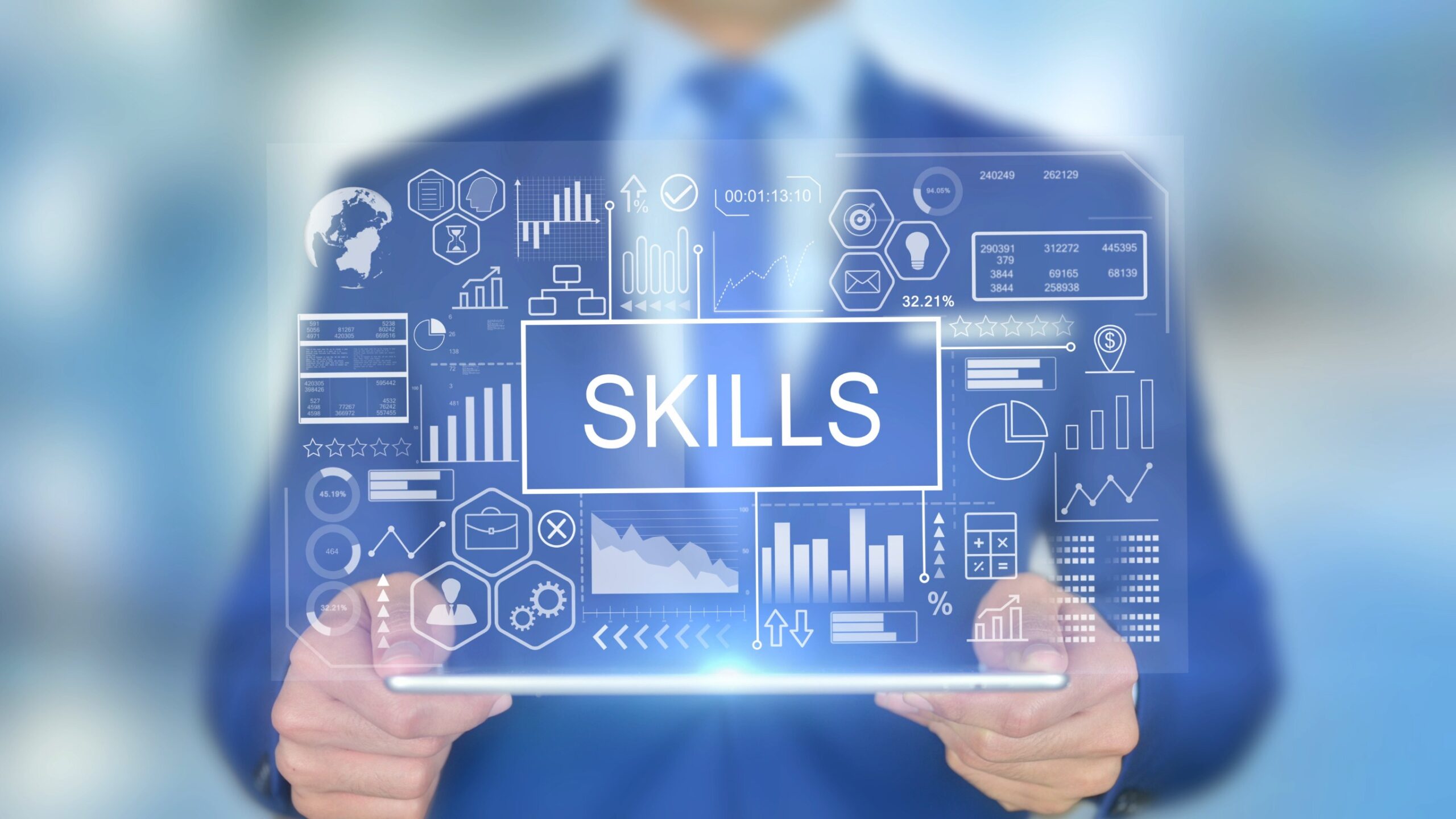Understanding and adapting to the latest HR competencies and skills is more crucial than ever. As we witness rapid shifts in human resources trends, the question arises: what are HR competencies, and why do they matter so significantly in today’s workplace?
Let’s talk about HR competencies and explore their vital role in shaping the modern HR landscape. We’ll uncover why HR competencies are important and how they interplay with the evolving demands of the workforce. By aligning HR skills with current human resources trends, HR professionals can effectively navigate the complexities of their roles and ensure that their contributions are not only relevant but also pivotal in driving organizational success.
What Are HR Competencies?
HR competencies represent a blend of skills, knowledge, and abilities that are essential for HR professionals to excel in their roles. These competencies encompass a wide range of attributes, from technical expertise in HR systems and legal compliance to softer skills like communication, empathy, and leadership. They are the building blocks that enable HR practitioners to navigate the challenges of the workplace, including talent management, employee engagement, and organizational development.
Understanding and mastering these competencies includes strategically aligning HR practices with business goals, fostering a positive workplace culture, and being an effective mediator and advisor in employee-related issues.
Current Human Resources Trends
In today’s rapidly evolving workplace, several key trends are significantly influencing the field of Human Resources.
These include:
- Remote and Flexible Work: A significant shift towards remote and flexible work arrangements, influenced by technological advancements and changing work-life balance preferences.
- Diversity, Equity, and Inclusion (DEI): An increased focus on DEI in the workplace and recognition of its importance for fostering innovation and competitive advantage.
- Artificial Intelligence and Data Analytics: The adoption of AI and analytics is transforming HR functions like talent acquisition, performance evaluation, and workforce planning.
- Employee Well-being and Mental Health: A growing emphasis on employee well-being and mental health, acknowledging their impact on productivity and employee retention.
These trends are reshaping how HR professionals approach their roles and emphasizing the need for continuous adaptation and skill development.
Key HR Skills in the Modern Workplace
HR professionals require specific skills to effectively manage evolving challenges.
Essential HR skills include:
- Digital Literacy: Using HR technology for data management and remote work facilitation.
- Emotional Intelligence: Managing one’s own emotions and empathizing with others for a positive work environment.
- Strategic Thinking: Aligning HR strategies with business objectives and anticipating future workforce needs.
- Cultural Competence: Managing a diverse workforce by understanding various backgrounds and perspectives.
- Data-Driven Decision-Making: Using data analytics to inform HR decisions and improve processes.
These skills are crucial for HR professionals to adapt to the changing business environment and contribute significantly to organizational success.
Why HR Competencies Matter
HR competencies are crucial in today’s business landscape for several key reasons.
Firstly, they are instrumental in driving organizational success by ensuring that the right people are in the right roles and are well-supported. HR professionals adept in these competencies can adapt swiftly to changes, maintaining organizational resilience and competitiveness.
Next, HR professionals play a vital role in enhancing employee engagement and satisfaction, which in turn leads to increased productivity and reduced turnover. With legal compliance, having HR experts knowledgeable about ever-changing labor laws and regulations is essential to avoid legal pitfalls.
Lastly, strong HR practices are central to creating a positive workplace culture, which is a critical factor in attracting and retaining top talent.
HR competencies are foundational in shaping the future of the organization and ensuring it is equipped to meet both current and future challenges.
How HR Professionals Can Stay Ahead
To stay ahead in the dynamic field of Human Resources, HR professionals must proactively continue learning.
HREN (Human Resource Education Network) offers invaluable resources such as industry insights, trend updates, and professional development opportunities including webinars and workshops. By participating in HREN’s events and networking opportunities, HR practitioners gain access to a wealth of knowledge and collaborative experiences. This engagement not only promotes continuous learning but also fosters innovation in HR practices. Leveraging HREN’s offerings enables HR professionals to enhance their skills, keep pace with evolving HR trends, and position themselves as strategic assets in their organizations.
Keep Learning With HREN
The significance of HR competencies and skills in understanding and responding to human resources trends cannot be overstated. The Human Resource Education Network (HREN) offers an indispensable suite of resources and networking opportunities for those looking to stay ahead in the field. With HREN, HR practitioners can deepen their understanding of what HR competencies are and why they matter, ensuring they remain at the forefront of the industry.
HREN, with its focus on the latest HR trends and the importance of HR competencies, is an invaluable resource for anyone looking to excel in the HR field. Leverage HREN’s offerings to learn why HR competencies matter and also to apply them effectively in your organizations.






